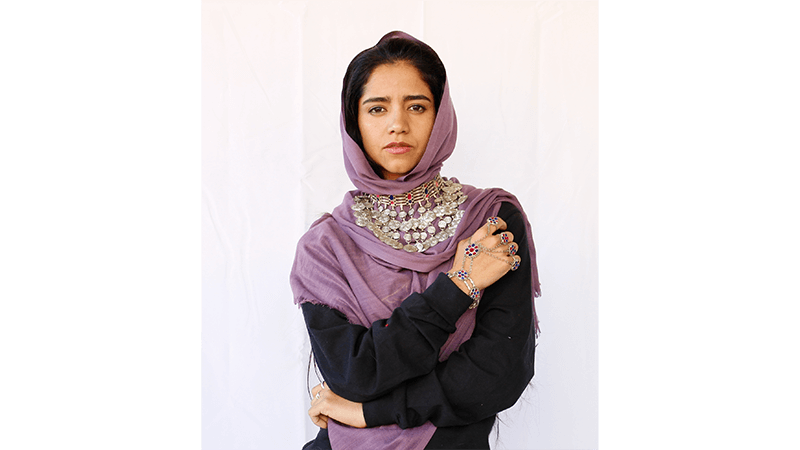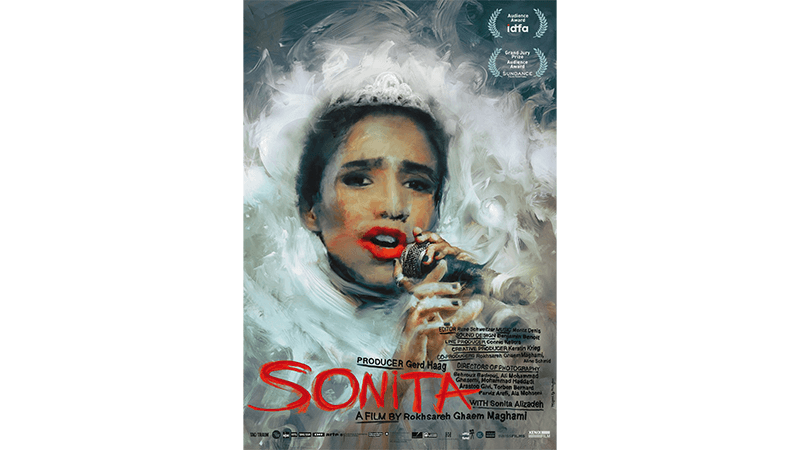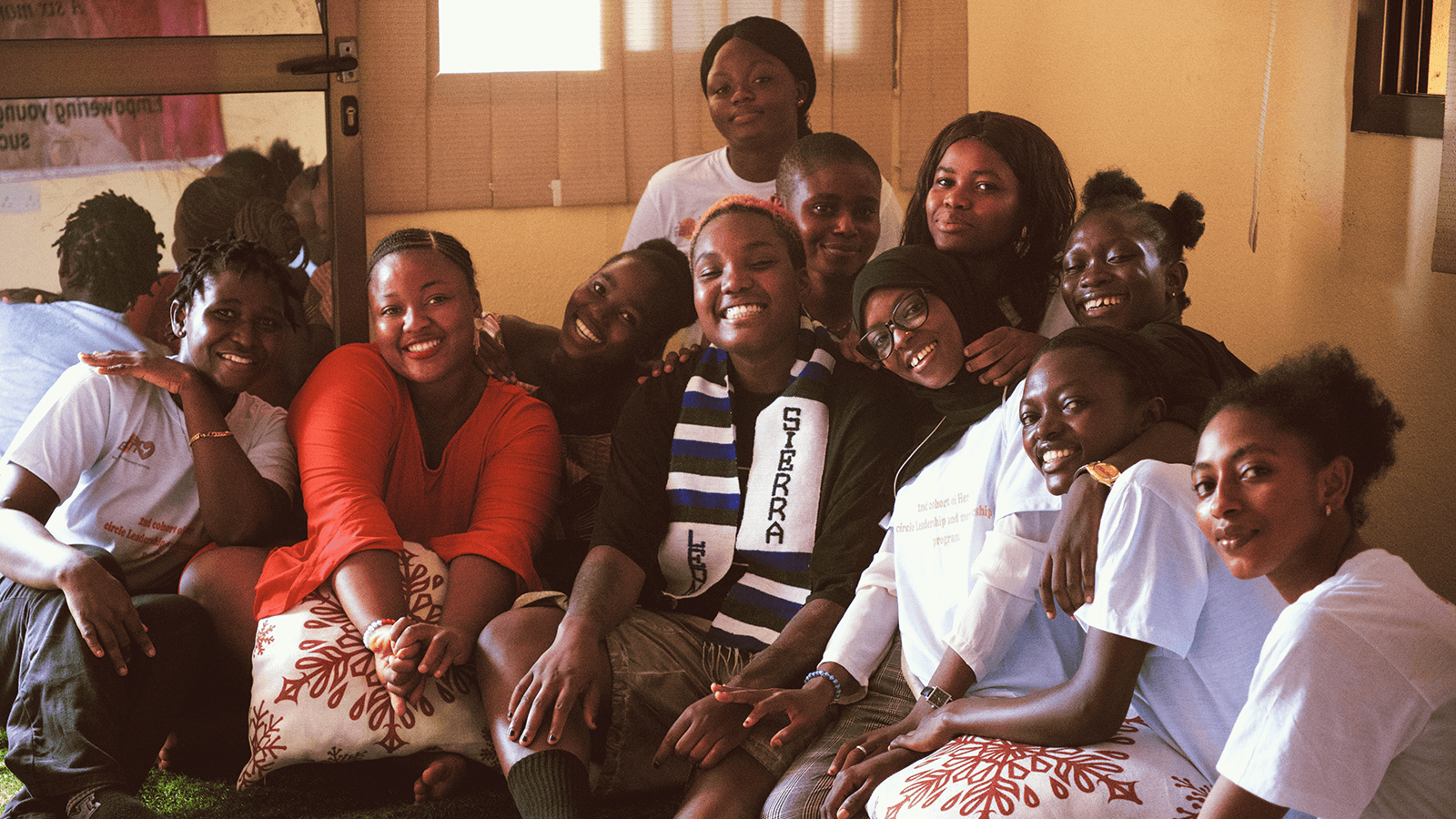Sonita Alizadeh: The Afghan Rapper Fighting Child Marriage Through Her Lyrics
“My heart breaks to know that, once again, the monsters of my story are in power. But I want them to know, amidst all the darkness surrounding Afghanistan, Afghan women and girls will not give up. Just as the Taliban came to power so quickly, they will also disappear swiftly.” Born in Herat in Afghanistan in 1996 and currently based in New York, activist and rapper Sonita Alizadeh is talking about the plight of women and girls in her home country. Sonita was born during the Taliban’s first reign of terror in the 1990s. “Growing up under the Taliban regime meant abandoning your childhood,” she tells me. “I just turned 27 and I still have nightmares about the Taliban.”

Alongside denying the female Afghan populous basic rights such as access to education and employment, the Taliban also sanctions the selling of young girls for marriage. The US Inspector General for Afghanistan Reconstruction reports that, after 2021, 17% of Afghan girls were married before the age of 15. In a recent El País newspaper article, regional expert Mariam Safi said: “We are seeing girls getting married younger and younger, at 11 and 12.” Human Rights Watch argues that the Taliban’s treatment of women and girls constitutes a ‘crime against humanity’.
Alizadeh came close to becoming a child bride herself. “I was almost sold into marriage at 10 and again at 16,” she says. “This wasn’t shocking since my mother was married at 12. I was just so heartbroken to know that I did not own myself.” The first arrangement to sell her into marriage fell through, and the family was forced to flee Afghanistan for Iran. Life there remained a struggle. More than anything, Alizadeh yearned for a proper education. “In every public school, it was written ‘Afghans aren’t allowed’,” she continues. “But not all Iranians disliked us. I found an NGO with Iranian teachers who volunteered to teach us, the refugee kids, how to read and write. This is how I discovered myself and my love for poetry.”
She also discovered rap music. “One day, I heard Eminem,” she says. “Finally, I’d discovered how to tell the stories of my sisters so people would listen.” In 2014, she posted a video of her track, Daughters For Sale, on YouTube. “Let me whisper to you my words, so no-one hears that I speak of the selling of girls,” she raps. “My voice shouldn’t be heard as it is against Sharia. Women must remain silent.”
The world sat up and listened, and the song’s popularity allowed her to avoid a second attempt to sell her into marriage when she was 16. “The track went viral, I got a scholarship to study in the US and now I’m pursuing a joint major in Human Rights and Music at Bard College,” she says.
For Alizadeh, the message is everything. “Music reaches people in a way that words alone just can’t. I started out putting my poems into pop music, but it was too slow.” Her Eminem moment was a sign. “I thought, ‘I can do that.’ I started practising and I loved it.”
Posted directly to her social media channels, Alizadeh’s tracks are powerful and affecting. What does she hope her activism will achieve? “To safeguard the childhood of girls and boys by eliminating child marriage and the impact of war. I acknowledge this is a substantial goal, but working towards it brings me a profound sense of fulfilment.”

She has just been awarded a Rhodes Scholarship and will begin a master’s degree in Diplomatic Studies at the University of Oxford later this year. Alizadeh’s story has been turned into an award-winning documentary, Sonita, which received the 2016 Sundance Film Festival World Cinema Grand Jury Prize for Documentary and World Cinema Audience Award for Documentary. She’s also putting the finishing touches to her memoir, a book Alizadeh hopes will reach across further boundaries. “I trust in this book to act as a source of power for women, especially under the Taliban regime,” she says. “I didn’t write it to add to my bookshelf, I did it because I have seen and heard the positive impact of my story on individuals. So I hope through the support of freedom fighters and artists I can help more people through my story.”
Simon Coates is a London-based writer and artist whose work has appeared in publications including The New European and Scottish newspaper The National




